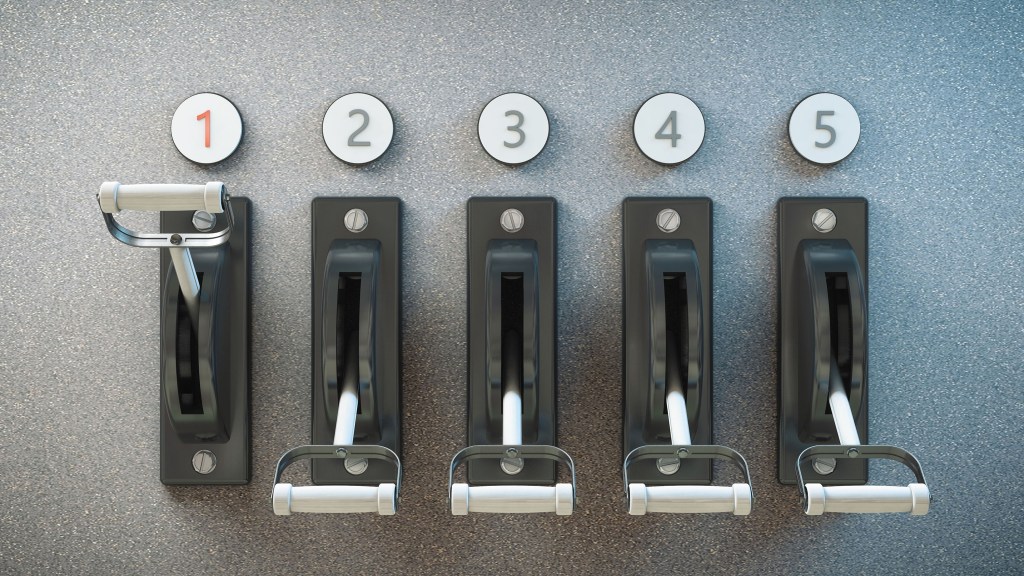Does a Carrier Need to Provide a Reason for a Midterm Cancellation?

By: Big “I” Virtual University Faculty
A carrier contracts inspections to a third party and recently used the results of an inspection to cancel coverage for an insured midterm. When asked to provide a copy of the inspection, the carrier claims the inspection is the intellectual property of the third-party inspection company and doesn’t have the right to release it.
Q: If the carrier is using the inspection to justify a midterm cancellation, do they have a moral—if not legal—obligation to provide the complete inspection to the insured?
Response 1: You need to read the cancellation provisions of the policy. State law also provides guidance on admitted policies, cancellation of new coverage following an initial inspection and the notice required. If this was new business to the insurer and they inspected within 30 days, it usually has the right to cancel for underwriting reasons if the inspection was poor.
While the carrier should tell you the reason for the cancellation, it usually does not need to give you a copy of the full report.
If you disagree with the findings and believe the inspector made an error, be an advocate for your customer. Call your underwriter and talk about the issue to find out more details. Provide documentation to support the customer’s position or ask for a reinspection. Appeal the decision to the loss control manager or underwriting manager. If you are still unsatisfied with the outcome, the insured can call the state insurance commissioner to ask for assistance.
Response 2: I don’t disagree with you, but it’s not the agency that should be asking—it’s the insured. If the carrier refuses to give the insured the information, that might be a trigger to get the state department of insurance and a lawyer involved.
Response 3: The carrier’s obligation is to provide a reason for the midterm cancellation that is in accordance with the policy terms. Unless the terms and conditions say the carrier is required to provide proof supporting the reason for cancellation, it’s within its rights not to.
Honestly, a midterm cancellation tells me that the carrier believes the client failed to uphold the terms and conditions. What reasons were you given? Have you asked your client to explain?
I would suggest asking how the inspection was conducted, whether in person or over the phone, and how the carrier confirmed the findings.
Response 4: What is the cancellation law in your state? Usually, a midterm cancellation requires a valid reason. If a valid reason is an increase in risk, the carrier has an obligation to reveal that and explain how the cancellation complies with the law.
Response 5: Often, inspection companies include provisions similar to what you mention about ownership of the intellectual property and limitations of use and who can use the data.
Years ago, we used to receive copies of inspections but now—because inspectors and underwriters fear legal liability and other repercussions—we rarely receive copies. Instead, agents and policyholders are only told when there is a recommendation suggested or a recommendation with a compliance requisite.
In this situation, the underwriter should clearly state why it is being canceled, which should be feasible without the release of the inspection. For example, there was a hole in a damaged roof or there weren’t any sprinklers when sprinklers are required.
Is the issue about a misrepresentation of the risk or about a fixable or non-fixable issue? You might focus on that since it is unlikely you will receive the inspection report.
Response 6: I completely agree with your take on this and am thinking it’s certainly a moral obligation and probably a legal one. In the latter context, ask your state’s insurance department. If an inspection has revealed unsafe conditions, the insured is owed an enumeration of those conditions, if not a guide on how to remediate them.
It would be most interesting to see the provisions of the contract between the insurer and the inspection company. As the insurer is no doubt paying for the inspections, I would think the inspection report would become its property. What is the rationale for the inspection company or the carrier maintaining that the reports are their “intellectual property?” Are they trying to avoid responsibility for errors & omissions contained therein? Lots of questions for the underwriter are created in the scenario you describe.
Response 7: The inspection company could disclose the information to the insured but not to you. This probably falls under the Fair Credit Reporting Act and they can only disclose to the party impacted by the inspection. The carrier will just refer the insured to the inspection company.
This question was originally submitted by an agent through the Big “I” Virtual University’s (VU) Ask an Expert service, with responses curated from multiple VU faculty members. Answers to other coverage questions are available on the VU website. If you need help accessing the website, request login information.
This article is intended for general informational purposes only, and any opinions expressed are solely those of the author(s). The article is provided “as is” with no warranties or representations of any kind, and any liability is disclaimed that is in any way connected to reliance on or use of the information contained therein. The article is not intended to constitute and should not be considered legal or other professional advice, nor shall it serve as a substitute for obtaining such advice. If specific expert advice is required or desired, the services of an appropriate, competent professional, such as an attorney or accountant, should be sought.










